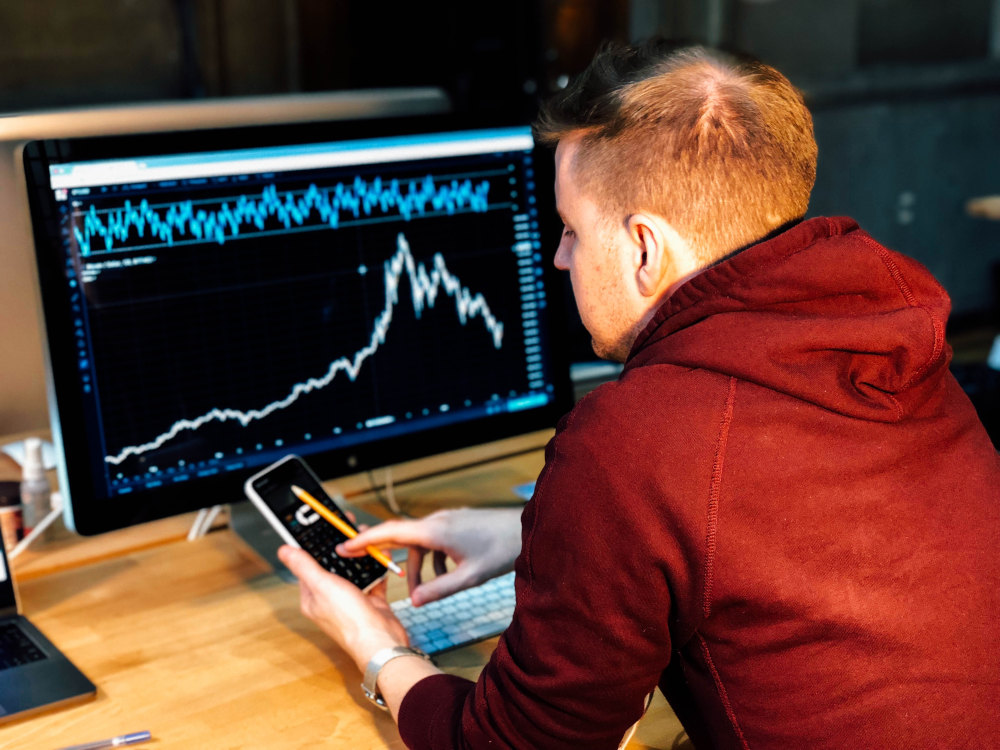South Africa boasts the largest volume of forex trading on the continent. Even before the pandemic, it was leading the way. Now, trading is more popular than ever. As old-school systems of employment are falling apart, internet-based opportunities are in great demand. For some people, they are absolutely vital. Trading is not always easy, but it is not rocket science either. With powerful software, you can achieve a lot. Here is how.
To access the market, individuals need a registered live account. It is provided by brokers — companies that function as intermediaries between their clientèle and the real market. It is a gigantic digital environment where over 6 trillion US dollars circulates every day. The foreign exchange is the biggest marketplace, and it works as an over-the-counter system. Buyers and sellers connect freely through the internet.

Classification of Software
All platforms fall into two groups. Brokers may recommend generic platforms, such as MetaTrader 4 and MetaTrader 5. These are the most popular trading environments worldwide, and they are offered by licensed companies. For intermediaries, this is an easy ready-made solution: they do not need to invest in app development.
Secondly, there are unique proprietary systems created for particular brokers. For example, ForexTime has invested in its own app for smartphone users called FXTM Trader. It gives access to over 250 instruments, dozens of analytical tools, a convenient trading dashboard, and more.
Therefore, the choice largely depends on the company you trade through. Choose carefully, and avoid unnecessary risks. Traders in South Africa should only work with regulated companies licensed by trusted entities like the CySEC in Cyprus or the FSCA in the country. Here are the key distinctions of high-quality forex trading software in South Africa.
1. Quality of Interface
The system must be easy to navigate. Of course, you may be confused by all the charts and features at first, but adaptation must be fairly quick. This explains why beginners often choose MetaTrader 4 over MetaTrader 5. The earlier version has fewer features, so it is most suitable for inexperienced users. MT5, on the other hand, is bulkier, as it is focused on more complex instruments.
In any case, the system must be user-friendly. Overly complicated platforms will hinder your progress. However, if you choose one of the most popular platforms, you should find its interface largely intuitive.
2. Range of Instruments
The platform must support the assets you are planning to trade. Transitioning from one system to another could be a hassle unless they belong to the same family, like MT4 and MT5. Make sure the environment allows you to access the right markets. At the moment, South African traders can create versatile portfolios comprising currencies, stocks, spot metals, commodities, market indices, CFDs, etc.
3. Demo Trading
The demo mode is essential for any beginner. Even experts switch to the simulator when they want to test out new strategies or try new instruments. Demo trading is the first step in your career. Otherwise, you won’t get sufficient practical training before venturing out into the real market. Hence, prevent unnecessary losses and work in the demo mode as long as necessary. Fortunately, most brokers will not charge you for it. They will even generate a demo account in seconds.
4. Multiple Devices
These days, few people can sit at their desktop computer all day. The modern consumer is used to smartphone apps, and trading terminals are now more flexible than ever. Choose systems with cross-platform compatibility. It means you may install the same system on desktop and mobile devices and switch between them during the day.
A smartphone app will let you analyse the market at a glance. You may then open a position via a tablet, edit it later from a laptop if you change your mind, close it using a PC, etc. Such versatility suits the needs of present-day traders, who are often on the move.
5. VPS (Virtual Private Server)
If your system crashes in the middle of a trade, this could result in financial loss. Protect yourself against glitches by using a VPS. Reliable brokers keep virtual copies of their clients’ machines on a cloud-based server. These systems are running, 24/7 regardless of external disruptions. Trades are still executed normally whatever happens with your computer.
Software Does Not Guarantee Profit
Even the most powerful and advanced trading terminal will not guarantee profitability. Trading results will depend on your strategy, risk tolerance, and mental resilience. Failure is an organic part of forex. Perceive loss as a learning opportunity. Review your performance regularly to learn lessons and get better at what you do.

